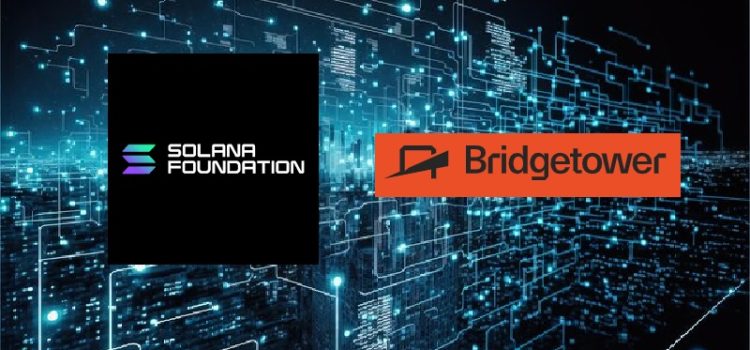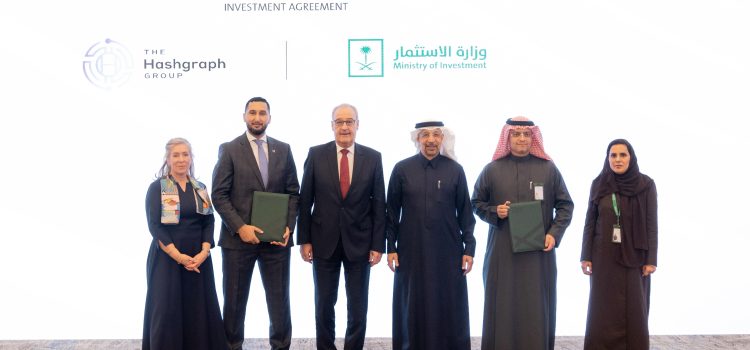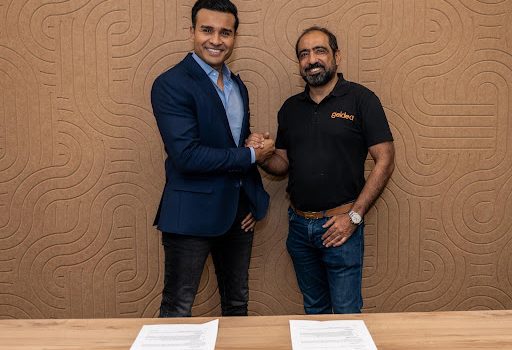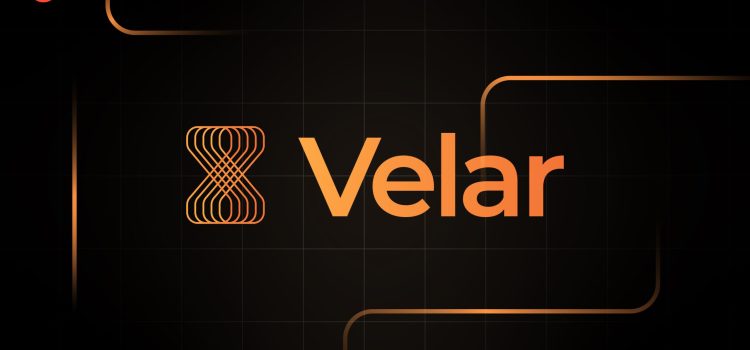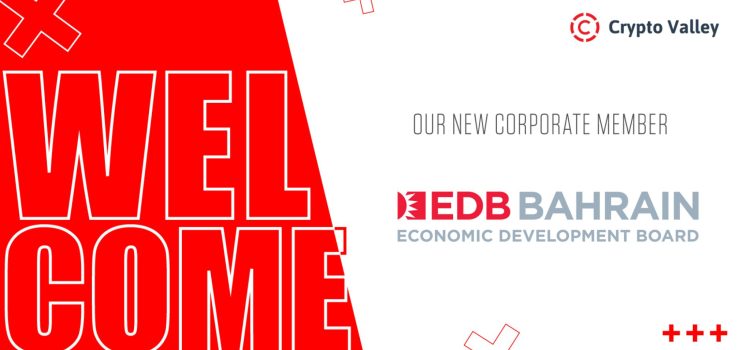The best companies that have ever existed are those that are built with conviction and passion, DRIFE is such a company. Based on the concept that centralization eventually equates to monopolization, the Founder of DRIFE, a decentralized ride hailing platform built on the Sui Blockchain, Firdosh Sheikh believes that both taxi drivers and their riders deserve a more transparent, secure, cost effective system that benefits both parties. Today with DRIFE being licensed in Dubai UAE that dream is now available in the UAE.
The dream behind DRIFE
DRIFE started and continues to be a personal journey. According to Firdosh, it all started during an UBER ride to an airport in India. As Firdosh explains, “I have always been a user of taxis as my means of transportation starting early on when I moved to Delhi for my studies, and then afterwards in Bangalore while I was working as a financial analyst. Yet one midnight drive to an airport changed everything.”
It was on that evening that the UBER driver had asked her to cancel the trip telling her he would take her at a much lower price. Asking him why, she discovered that UBER was taking 35% commission leaving him with a profit of less than 50% after cost.
After that drive, Firdosh began speaking to all the drivers she would use for rides. The same story emerged, high commissions, no health insurance, and a feeling that they were caught in a vicious circle and still struggling.
She spoke to 1000 drivers, and in the back of her mind she remembered how her father had started his career as a taxi driver, and how as a young girl she would wait patiently for his return while he worked hard to earn money for his family.
It is then she decided that she wanted to change this. She had read about how Bitcoin had offered freedom to the financial sector, and realized Blockchain could do the same for the mobility sector.
Firdosh calls it Taxi 3.0 for short. In her experience Taxi 1.0 was where people would book an unmetered taxi and agree the fare with the driver. Taxi 2.0 was where big tech got involved and everything moved to the platform. It was certainly a technical disruption and people could book and find a taxi with a couple of taps on their mobile phone.
DRIFE is Taxi 3.0.It is disrupting the disruptors of Taxi 1.0, the Taxi 2.0. While Taxi2.0 was a win because of technology, it eventually became a loss for the driver. As Firdosh explains, “In Taxi 3.0, the community, the market and the driver is in control not anyone else. The market sets the prices; there are no commissions, and only a subscription fee to use the platform, so that with every ride, the money belongs to them. This direct connection allows for more personalized and customized ride-hailing experiences, where riders can choose drivers based on specific criteria, such as driver rating, car type, and other preferences.”
DRIFE: The Web3 Taxi
DRIFE utilizes an array of technologies to offer TAXI 3.0. DRIFE has a patent pending auction based dynamic pricing model and removal of middlemen’s profit which contributes to lower prices for riders and higher earnings for drivers.
The platform and its application also utilize smart contracts, a tamper proof system that is resistant to fraud and hacking. This technology ensures that transactions are conducted in a secure and transparent manner, giving riders and drivers peace of mind when using the platform.
The use of blockchain technology, specifically Sui Blockchain in DRIFE’s platform further enhances the transparency of the pricing system, ensuring that riders and drivers can trust the pricing mechanisms. The blockchain also enables DRIFE to operate with a zero-commission structure.
The platform operates on the DRF token, which serves as the native currency for all transactions on the platform. DRF token has two different utilities in the ecosystem. Riders can use DRF tokens to make payments directly to the driver, while drivers can use DRF to pay for their subscription fees.
In addition, DRIFE’s governance structure is built on a decentralized autonomous organization (DAO) model. The DRIFE ecosystem is governed by a network of token holders who have a say in the decision-making processes. The DRF token gives every stakeholder voting rights and enables them to take part in the governance, ensuring that the community needs and priorities are addressed.
DRIFE even uses NFTs (Non fungible tokens). DRIFE Council NFT is their unique approach to uphold the idea of ‘decentralization’ through DAO Governance, which endeavors the growth of the DRIFE ecosystem and brings added value to the DRIFE community.
DRIFE Council members are a group of 200 members responsible for most approvals taking place in the DRIFE ecosystem, starting with approvals for proposal voting and franchise vetting and more. According to Firdosh, “The launch of DRIFE NFT is also a strong indication of our commitment to the utility of DRF (decentralized ride-hailing fuel). We believe that DRF has a bright future as a utility token, and it will continue to play a vital role in the DRIFE ecosystem. DRIFE NFT is an integral part of the DRIFE DAO Framework.”
DRIFE IN UAE
In 2023 DRIFE achieved pivotal successes with licenses in Karnataka, India. At the end of 2023, DRIFE had over 350,000 users and 30,000+ drivers. Today DRIFE expands its operations to the UAE. DRIFE has been granted an e-hailing license.This groundbreaking achievement was made possible through the partnership with AASA Passenger Mobility Services LLC subsidiary of AASA Group, an affiliate of EII Capital (Formerly known as EMAAR Industries and Investments), DRIFE’s franchise partner in Dubai, who played a pivotal role in securing the license.
Firdosh explains, “We are very proud to have received an e-hailing license allowing us to compete against the likes of UBER and Careem which are both Taxi 2.0 mobile based taxi applications. It was not easy acquiring a license in the UAE; it took nine months because here everything is well systemized and organized. This had always been a dream of mine and very honored to see us here.”
Firdosh explains, “To start with, we will work with Limousine drivers, and then eventually we hope to get the RTA taxis on board. Riders can hail a DRIFE Taxi from Dubai and travel anywhere in the UAE.”
At present, bookings can only be made from within Dubai, so the next step according to Firdosh is to obtain a license from Sharjah as well.
In addition, DRIFE is still not utilizing its DRF token in the UAE as it needs approval from Dubai’s Virtual Asset Regulatory Authority. Firdosh states, “We are in the process of receiving approval from VARA to utilize our token, once received we will integrate it into the application.”
Drivers of DRIFE all go through an extensive KYC (Know your customer) process as well as extensive training.
The Future of DRIFE
As for the future of DRIFE not only globally but in MENA, Firdosh aims to expand DRIFE’s operations in India, and within the UAE. She then aims to acquire a license in Saudi Arabia.
Firdosh states, “We want to expand DRIFE across MENA and India, we are looking for partners in KSA because eventually we want to have a strong presence in the region.”
In the future DRIFE will be doing a fundraiser round but at the moment the focus is on the launch in the UAE. Firdosh explains, “My vision for DRIFE is for it to become a global phenomenon, impacting as many drivers as possible. In the end everyone can be part of DRIFE. For us, DRIFE is not just about WEB3 Taxi, but about solving all the problems in the mobility space.
Firdosh believes that drivers can contribute to building a decentralized mobility infrastructure, whether that includes maps or other infrastructure related solutions. This is one of the reasons DRIFE chose the Sui blockchain to be strategic partners to help build mobility specific use cases.












